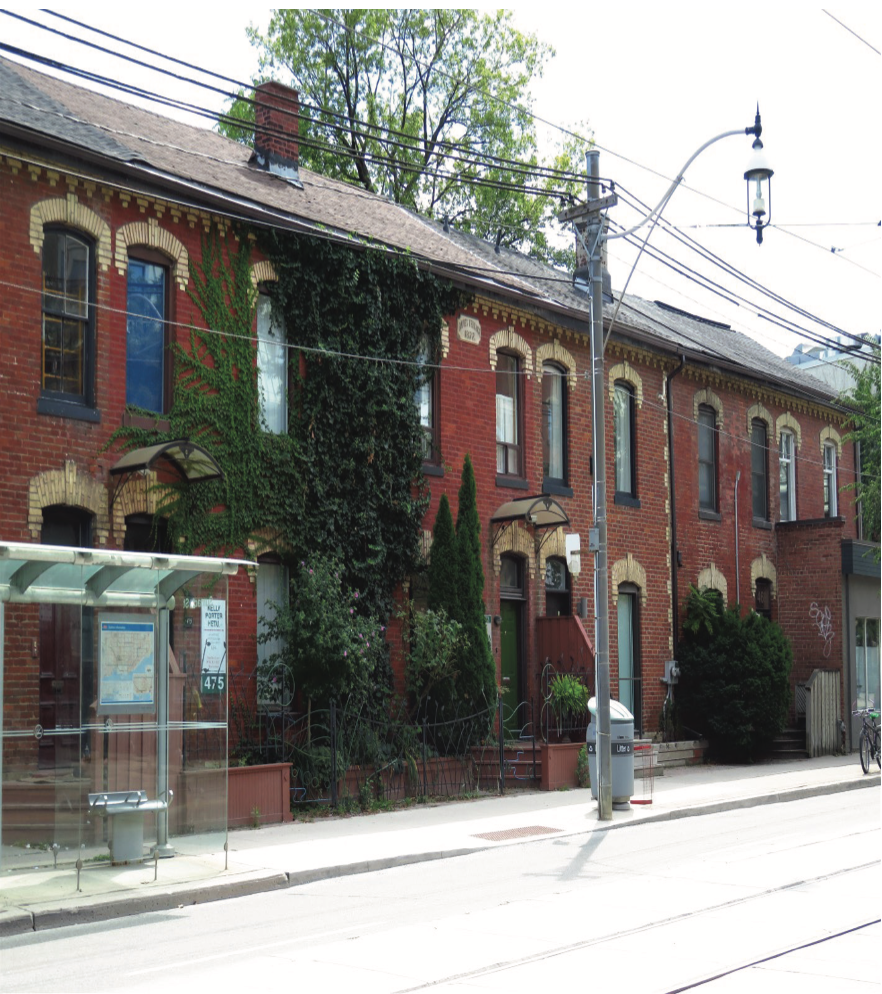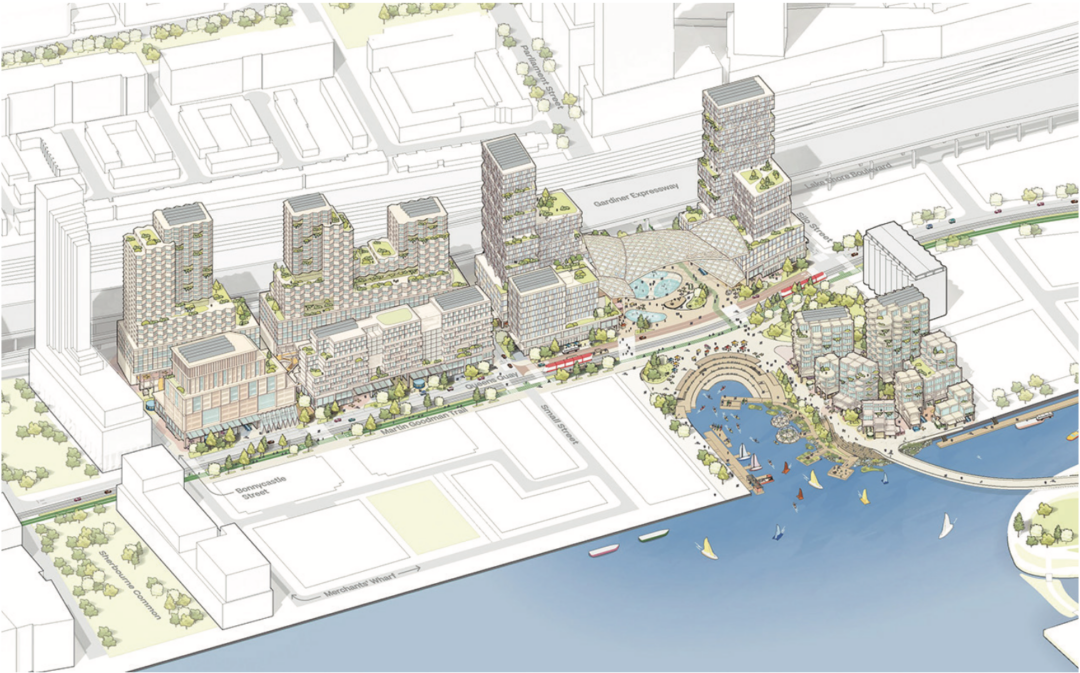By Phil E. Roth, columnist
The COVID-19 outbreak has not only captured our attention in the news, it is evident in how we work, live and play these past weeks. By now, we have all conformed to modify our daily lives and routines. Change that is unwanted is often perceived as a necessary annoyance and generally regarded as a pain in the anatomy. Yet it is crucial to continue to act responsibly as civic duties demand of us, whether we like it or not.
The question remains what is still to come? What other prohibitions, restrictions and sacrifices will follow? The full economic consequences have yet to be determined, however life as we know it—will be drastically different—from the blissful one we knew before. Are we prepared for this new reality?
Lamentations of cabin fever are more common than we care to admit. As spring arrives with warmer temperatures, our discipline will be put to the test. Early indications show that far-reaching change will be permanent. Many hope and look forward to an early and rapid end to the pandemic. However is that truly realistic?
Vaccines are forecast late into the year at the earliest, which seems like decades away as time moves slowly. But prolonged shortages in supplies of key medical products to fight the health crisis demonstrate the opposite. If frontline medical workers are presently fending for personal protection equipment and pharmacies are forced to reduce prescriptions or cancel them for lack of supply, that makes clear that we must prepare for major adjustments over an extended period of time.
The state of the economy is the greatest long-term concern. With lay-offs in vital service industries already hitting record numbers, the restart will be slow and arduous. The hotel/travel/hospitality and retail sectors were instantly affected. Successful employment in other branches of the labour market will be substantially more difficult to retain or attain.
The federal government’s response has come efficiently, quickly and without great bureaucratic hurdles. Yet monies do not grow on trees as the saying goes and come at a cost, if not today, guaranteed by tomorrow. Future federal deficits will spawn increased existing or new taxes.
Preparedness is a term floating in daily vocabulary more frequently than in recent years. That in itself is not bad, and it perhaps will lead to a bit of a paradigm shift in how we live, envision and execute future plans.
The uninterrupted abundance of our truly privileged lives in the northern hemisphere has come to a sudden unplanned stoppage. The disruption will become less of an inconvenience as we are called to muster up to new challenges. Those who have travelled extensively in sub-Saharan Africa know that we have enjoyed more of everything than any other generation in human history. The personal and civic sacrifices that will be asked of us are much smaller than the majority of the world’s population makes daily without grunting and heaving.
The world as a whole is gravely affected. This global village is and has become intrinsically more interdependent. Perhaps we are involuntarily forced to look long and hard into the mirror and to realize that community lives next door to us. Our neighbors become the extended arm, when family lives out of town or even in another province.
The need for help will steadily grow in one way or another; helping hands are never rejected by the ones – who truly need and depend on them. You are invited to extend yours, if and when you are in the position to do that. You will not regret it. The rewards of giving often outlast the receiving of gifts to us.
We never know when the call for assistance can become a matter of life and death in these trying times. It is good to know that we can actively count on each other. As the Swedish proverbs says, ”Shared joy is double the joy; shared sorrow is half the sorrow.” Community living is an action word.




